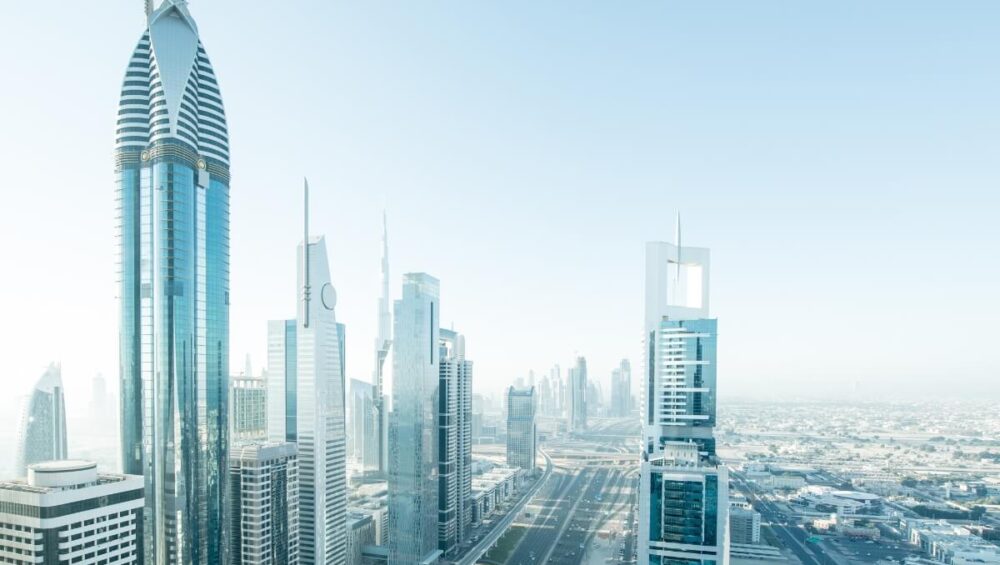
Implementing Smart Lock Technology in UAE’s Traditional Homes
As the digital revolution continues to permeate every corner of our lives, an unexpected convergence is occurring between the age-old traditions of the United Arab Emirates (UAE) and the burgeoning world of smart technology. This is particularly evident in the sector of home security, where the demand for smart locks is burgeoning in the UAE, a region known for its rich history and its unique blend of the traditional and the contemporary.
The UAE smart lock market, in line with global trends, has seen considerable growth. From a mere 10% market share in 2018, smart locks now constitute approximately 40% of all locks sold in the UAE in 2023, according to market research firm StatX. While modern buildings readily accommodate the technological requirements of smart locks, the challenge lies in integrating them into the UAE’s traditional homes. These homes, with their distinct architecture and design, do not always align with the requirements of contemporary smart lock installations.
One primary concern is the robust doors traditionally used in UAE homes, made from heavy, reinforced materials like teak, mahogany, or metal. These sturdy doors, designed to withstand the harsh desert environment and ensure high levels of security, pose a challenge to the installation of conventional smart locks. However, manufacturers have responded by producing adaptive kits and customizable installation methods that cater to this unique requirement.
For instance, SmartLock UAE, a prominent player in the local market, has introduced a range of smart locks with adjustable backsets and variable mounting hardware. This allows seamless integration with the varied door designs and materials used in traditional Emirati homes.
The cultural fabric of the UAE places great emphasis on privacy and security. Any shift from conventional locks to smart locks raises valid concerns around the risk of hacking and unauthorized access. Recognizing this, the government has enacted stringent cybersecurity laws to protect user data and privacy. Companies such as LockTech ME have developed advanced encryption algorithms to secure communication between the lock and the control device, offering further reassurance.
Additionally, it’s worth noting the unique opportunity to combine traditional aesthetics with modern technology. Companies like Heritage Locks UAE have begun incorporating traditional Arabic designs into their smart lock models. This fusion of cultural heritage with cutting-edge technology offers a compelling proposition to UAE homeowners looking to modernize their security without sacrificing their cultural identity.
Beyond simply locking and unlocking doors, the advanced features of smart locks have also found appeal. Options like remote access, visitor logs, and integration with other smart home devices offer a level of convenience that conventional locks cannot match.
For instance, Mrs. Fatima Al Marzooqi, a resident of a traditional home in Sharjah, shares her experience: “With our smart lock, we can give temporary access codes to our domestic help. When we’re away, we can monitor who’s coming and going, right from our smartphones. It’s been a game-changer.”
However, despite these advancements, there remains a lack of awareness about the benefits and operation of smart locks. To combat this, manufacturers and suppliers have launched awareness campaigns, hosted community events, and even offered personalized home demonstrations.
Looking forward, there’s no doubt that smart lock technology will continue to grow in popularity and acceptance within the UAE, seamlessly merging with the nation’s traditional architectural aesthetics. The challenge is not insurmountable but an opportunity to showcase the UAE’s knack for embracing the future while honoring its past.
Smart lock technology is not just about modernizing security; it’s about enhancing lifestyle, adding convenience, and, most importantly, retaining cultural heritage while keeping pace with an increasingly interconnected world. The future of smart locks in the UAE’s traditional homes, therefore, is not just promising – it’s inevitable.

